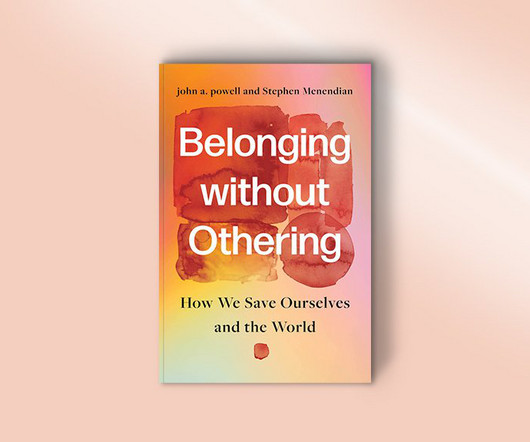What Bagels Taught Me About Leadership
NonProfit Leadership Alliance
NOVEMBER 28, 2023
And I knew the most important thing I had to do, in those first weeks and months, was to address this culture I had inherited. Some were pretty shell-shocked from past toxic bosses and experiences they had throughout their careers. It was as if they couldn’t quite convince themselves that I meant that I wanted the culture to be different.













Let's personalize your content